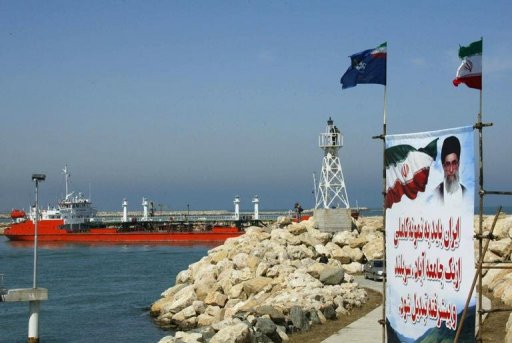Middle East leaders are expressing heightened concern over leadership attraction, development, retention, and succession compared to their global counterparts, according to the 2024 Heidrick & Struggles Middle East CEO and Board Survey.
The survey, which gathered insights from 112 CEOs and board members, revealed that 29% of respondents identified these leadership concerns as their primary challenge, exceeding the global average of 24%.
Despite the World Bank’s forecast of 2.7% economic growth for the Middle East and North Africa in 2024, regional leaders are primarily focused on economic (56%) and geopolitical (56%) uncertainties. This aligns with the global sentiment, where 63% and 39% of leaders respectively share these concerns.
However, a key differentiator for Middle East leaders lies in their emphasis on leadership issues. 22% of respondents cited leadership succession and turnover as their main concern, surpassing the global average of 17%. Notably, only a third of those concerned expressed confidence in their organizations’ ability to address these challenges, a lower proportion than their global counterparts.
“In 2024, Middle East organizations face an increasingly complex external business environment, and regional intricacies that demand a localized approach,” said Richard Guest, partner in charge of Heidrick & Struggles’ Middle East and North Africa. “To survive and thrive this year – and beyond – companies must prioritize not only attracting the right leaders but also retaining and grooming talent from within to take on the leadership mantle.”
The survey also highlighted a lack of confidence among some regional leaders regarding their leadership development strategies. 12% reported having no confidence at all, double the global figure.
Markus Wiesner, regional managing partner of Heidrick Consulting, emphasized the importance of culture and strategic planning in leadership development. “Any effective leadership development strategy starts by having the right culture – a culture of excellence not only ensures good leaders stay but helps organizations attract the best-fit talent from around the world,” he stated. Wiesner further emphasized the need for a strategic roadmap for talent acquisition, viewing it as a long-term, continuous imperative.




